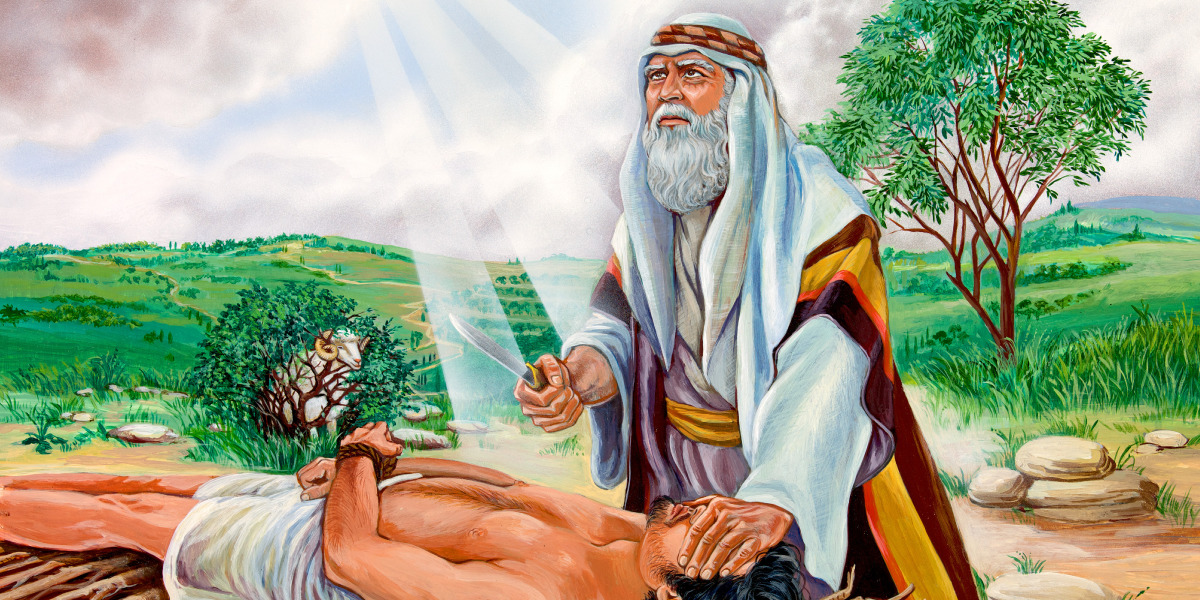
In the ancient lands of Mesopotamia, there lived a man named Abraham, known as Ibrahim in Arabic. He was born into a humble family in the city of Ur, located in present-day Iraq, thousands of years ago. Little did anyone know that this ordinary man would go on to become one of the most revered and influential figures in the history of humanity.
Abraham's early life was filled with ordinary joys and struggles. He grew up in a society where polytheism was prevalent, with people worshipping multiple gods. However, in his heart, he always felt a deeper connection with the universe, seeking a greater understanding of the mysteries of existence.
One day, Abraham began having vivid dreams and visions. In these visions, he believed he was receiving divine messages from a single, powerful, and benevolent God. These revelations led him to reject the polytheistic beliefs of his community and follow the path of monotheism.
As Abraham's faith grew stronger, he faced opposition from his family and neighbors who were deeply rooted in their polytheistic traditions. Despite the challenges, he remained steadfast in his beliefs, finding solace in his unwavering connection with the one true God.
One night, Abraham received a divine command in a vision. He was instructed to leave his homeland, along with his wife Sarah (Sara in Arabic), and set forth on a journey to an unknown land, a land that would be promised to his descendants. He obeyed the divine call, leaving behind everything he knew and cherished, embarking on a journey filled with uncertainty.
The journey took them through various lands, facing hardships and trials along the way. In Egypt, Abraham encountered Pharaoh's court, where his wife's beauty attracted attention. Fearing for his life, Abraham claimed Sarah was his sister. However, the truth came to light, and with divine intervention, he was spared from harm.
Throughout their travels, Abraham and Sarah faced other challenges, including barrenness. Despite their old age, they never lost hope in God's promise of descendants. Miraculously, Sarah conceived and gave birth to their son, Isaac (Ishaq in Arabic), whom Abraham cherished dearly.
As Isaac grew older, Abraham's faith was tested once again. In a heart-wrenching vision, he received a command from God to sacrifice his beloved son, Isaac. Struggling with his emotions, but unwavering in his devotion to God, Abraham prepared to carry out the divine order. As he raised the knife to sacrifice his son, a voice from heaven intervened, revealing it was only a test of his faith. Instead, a ram was provided as a substitute sacrifice, symbolizing God's mercy and compassion.

Abraham's unwavering faith and obedience to God earned him the title of "Friend of God" and a model for righteousness in many religious traditions. His legacy extended far beyond his lifetime, as his descendants would become the forefathers of great nations. Jews, Christians, and Muslims all consider him a patriarch and draw inspiration from his journey of faith.
The story of Abraham, or Ibrahim, remains a profound tale of devotion, trust, and the power of faith. It continues to inspire countless believers around the world to this day, as they look to him as an exemplar of righteousness and a testament to the enduring connection between humanity and the divine.


